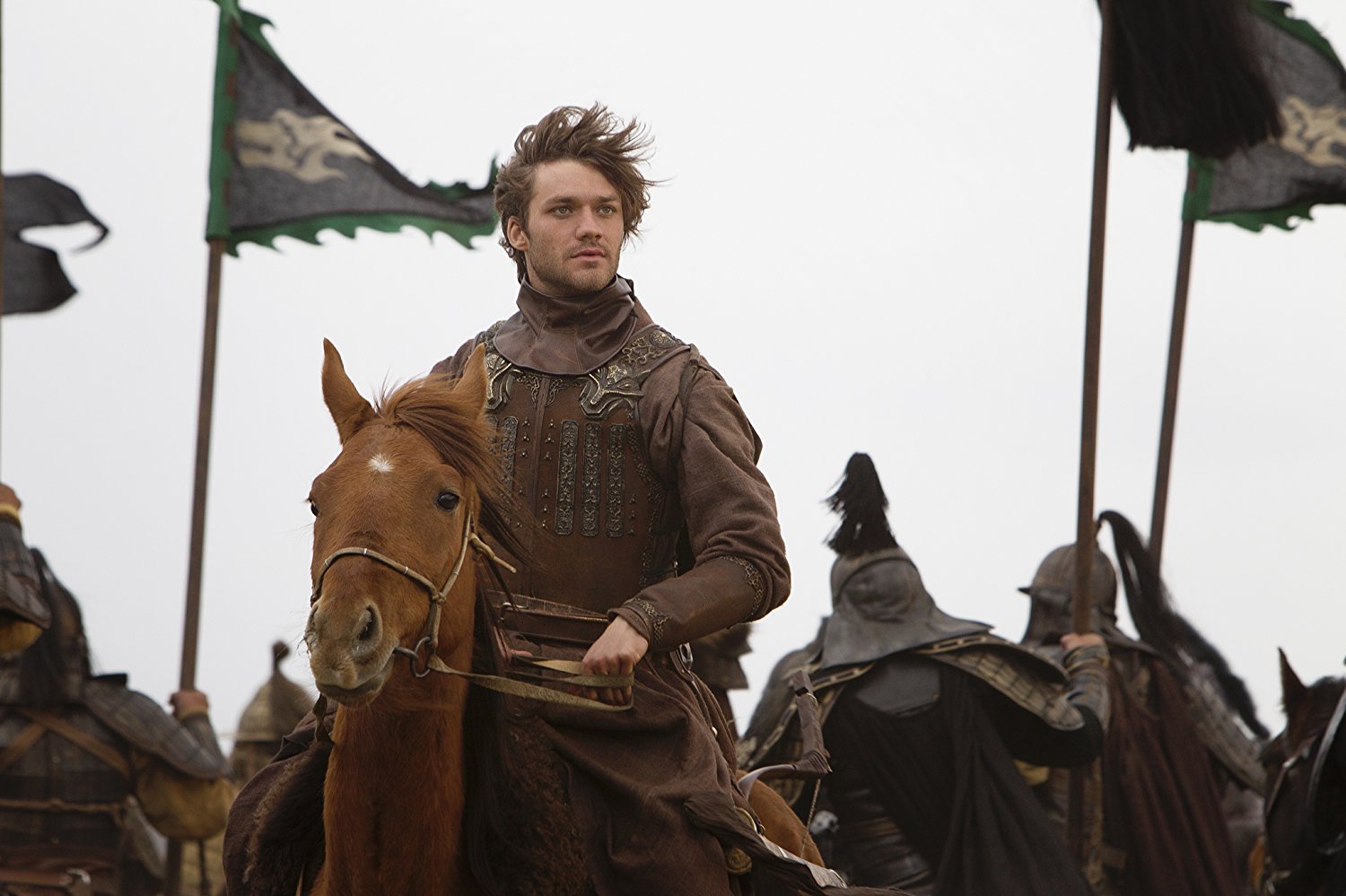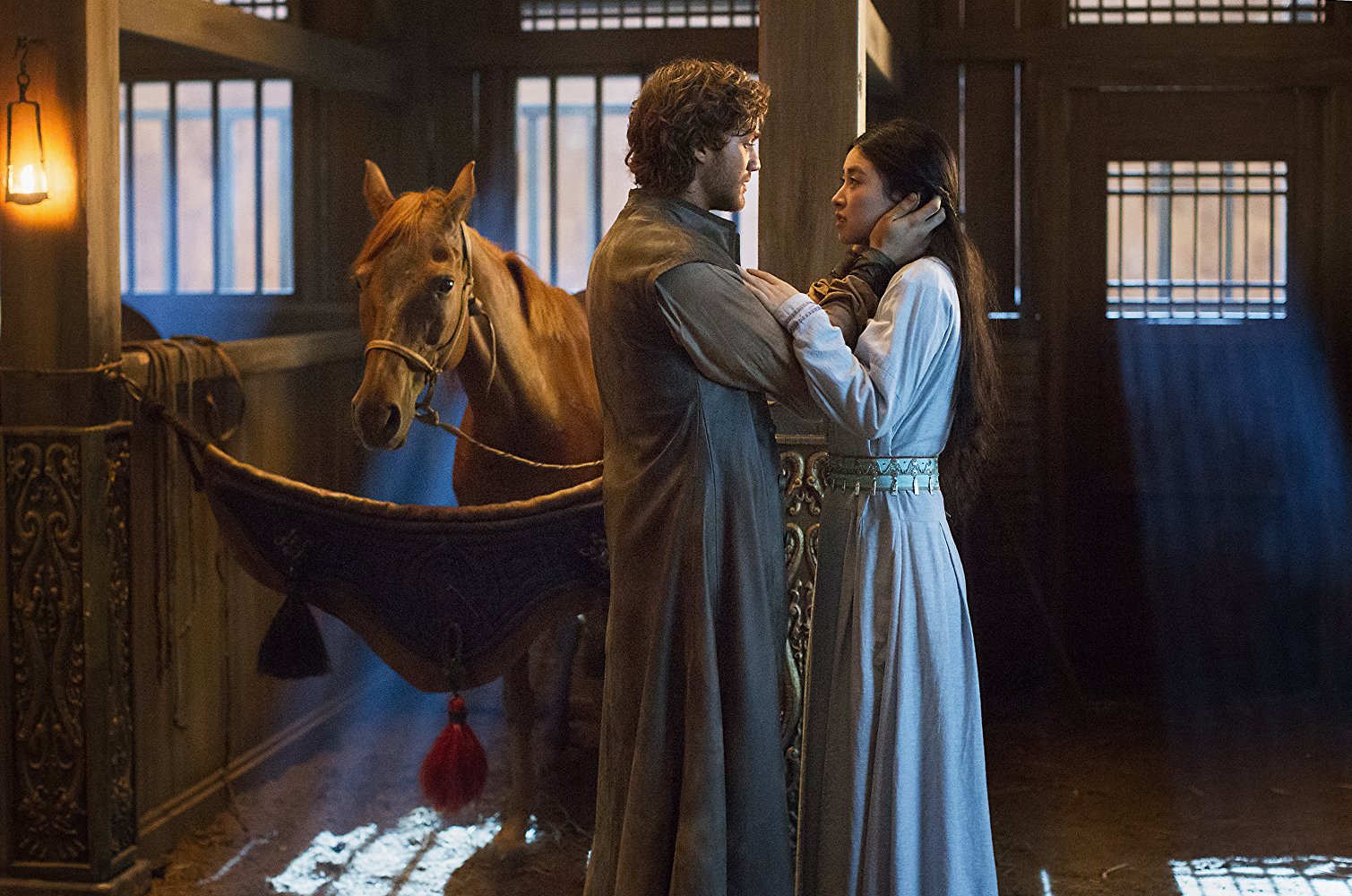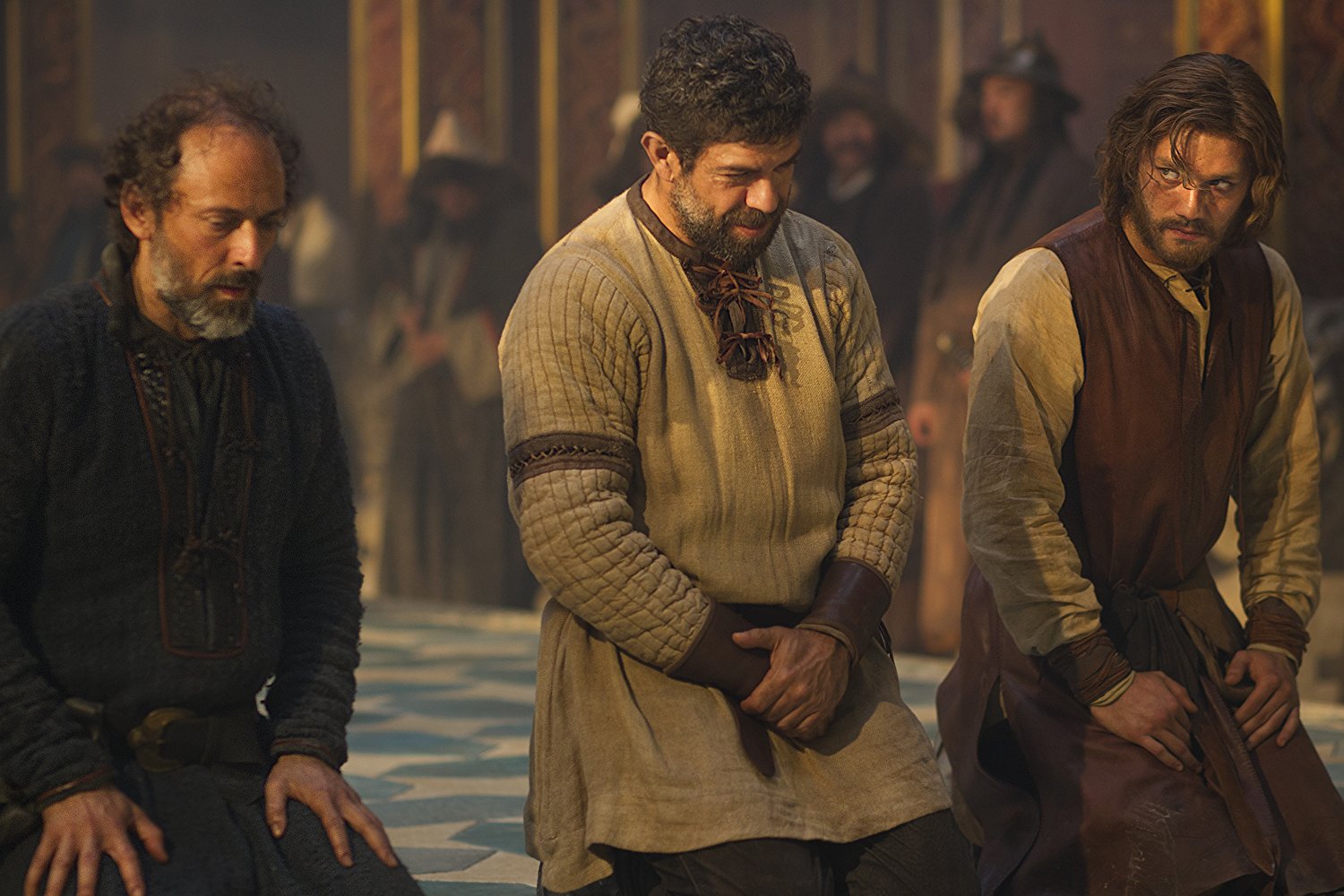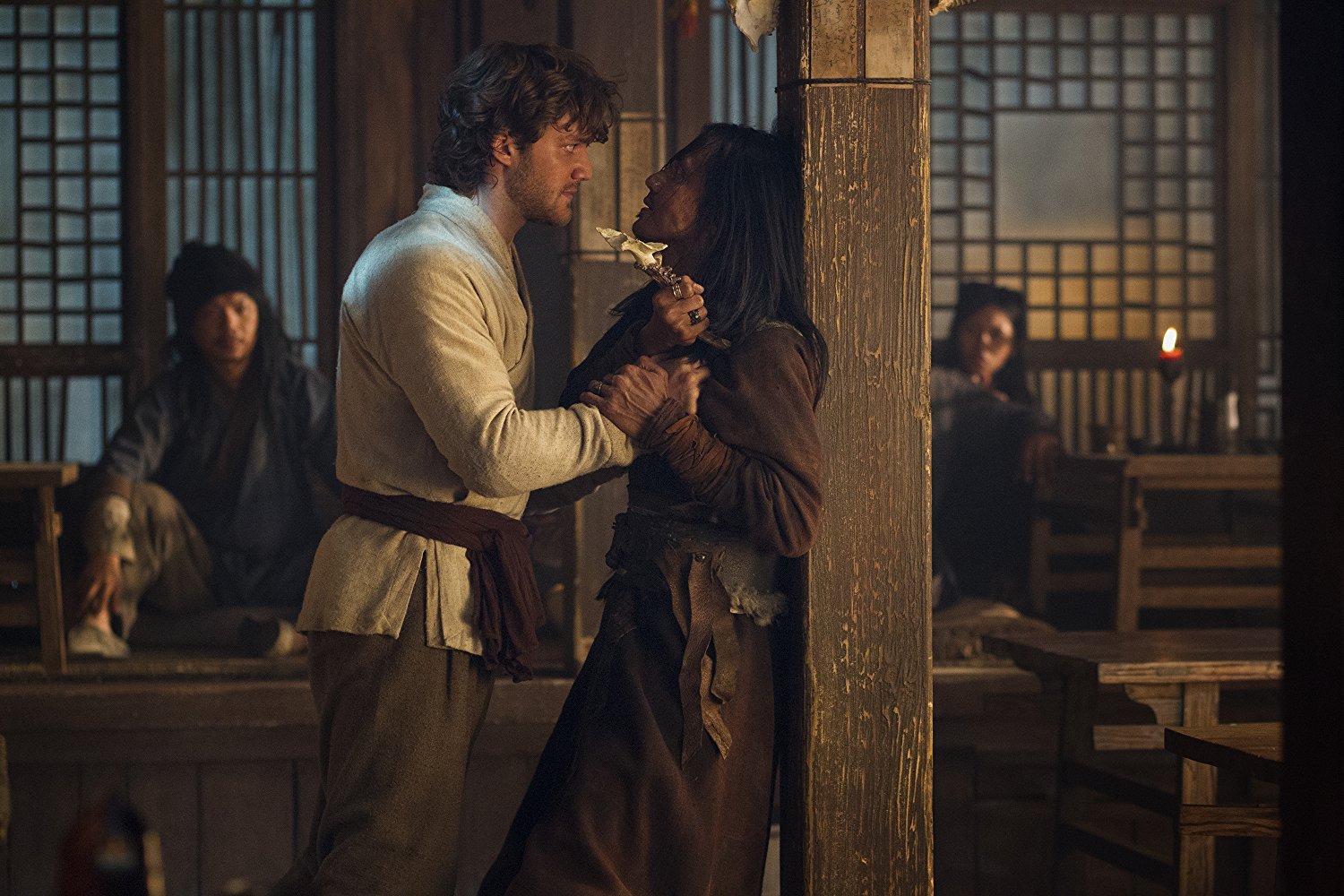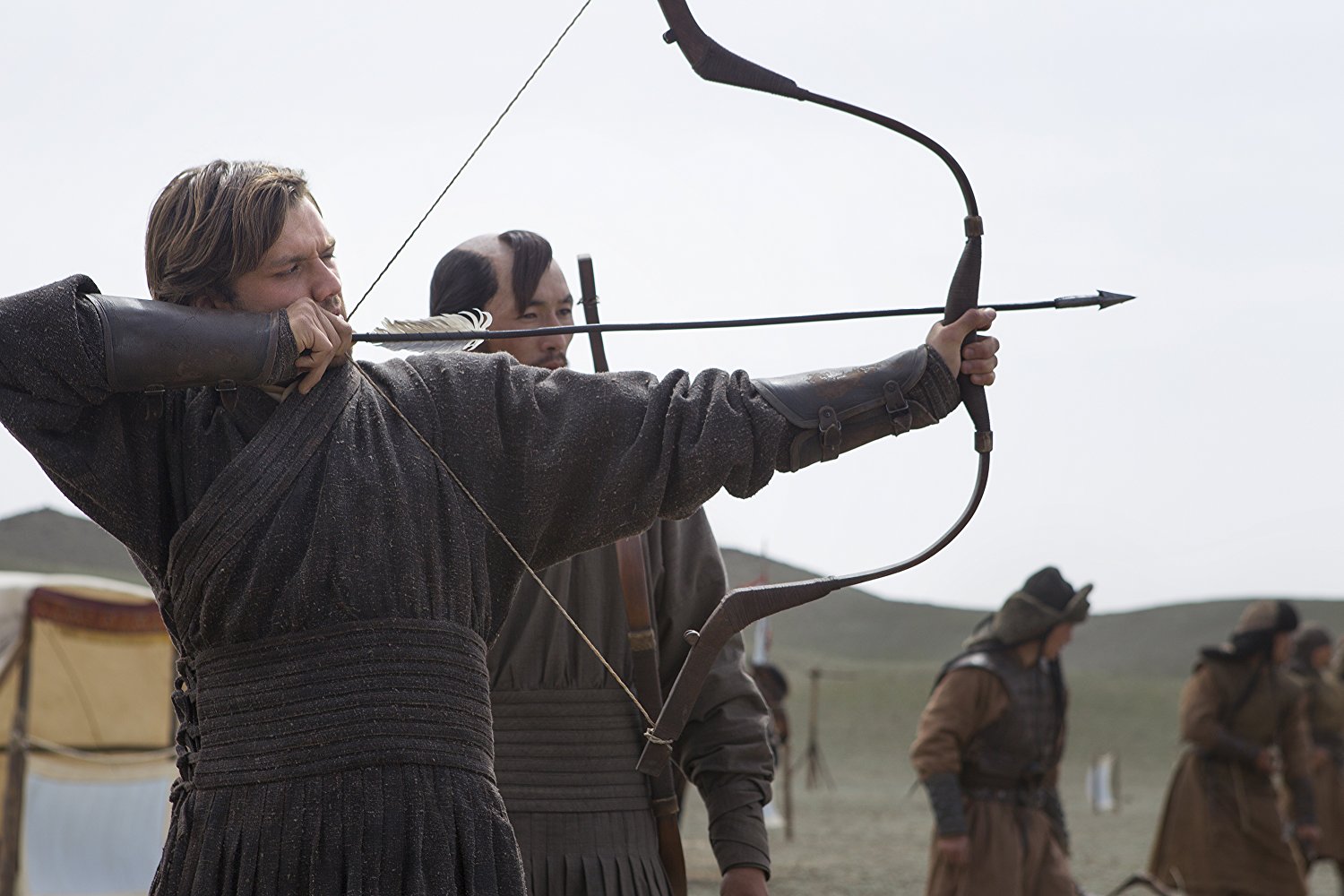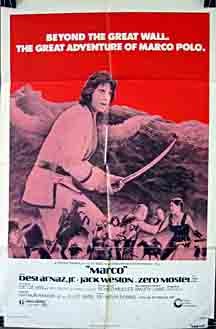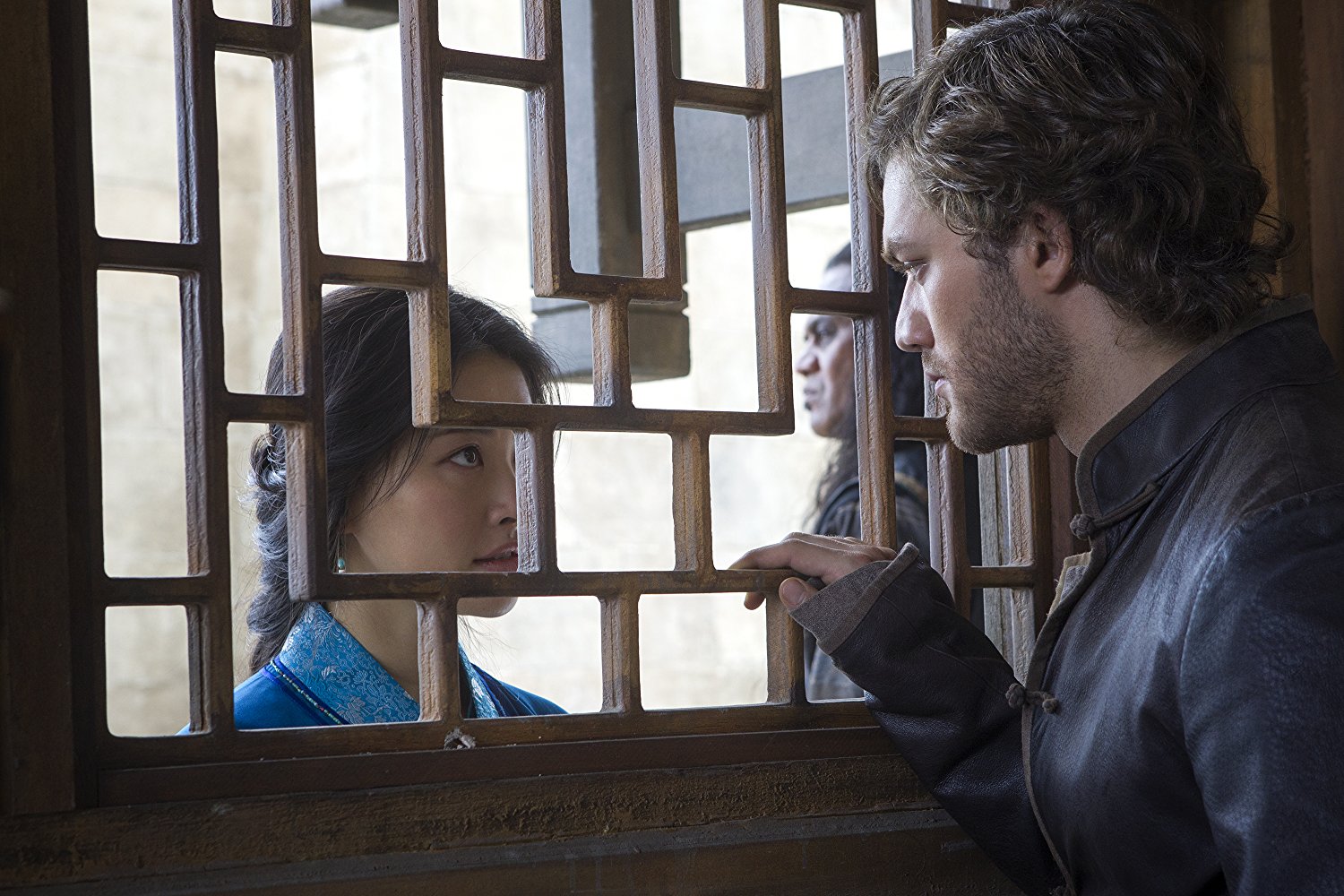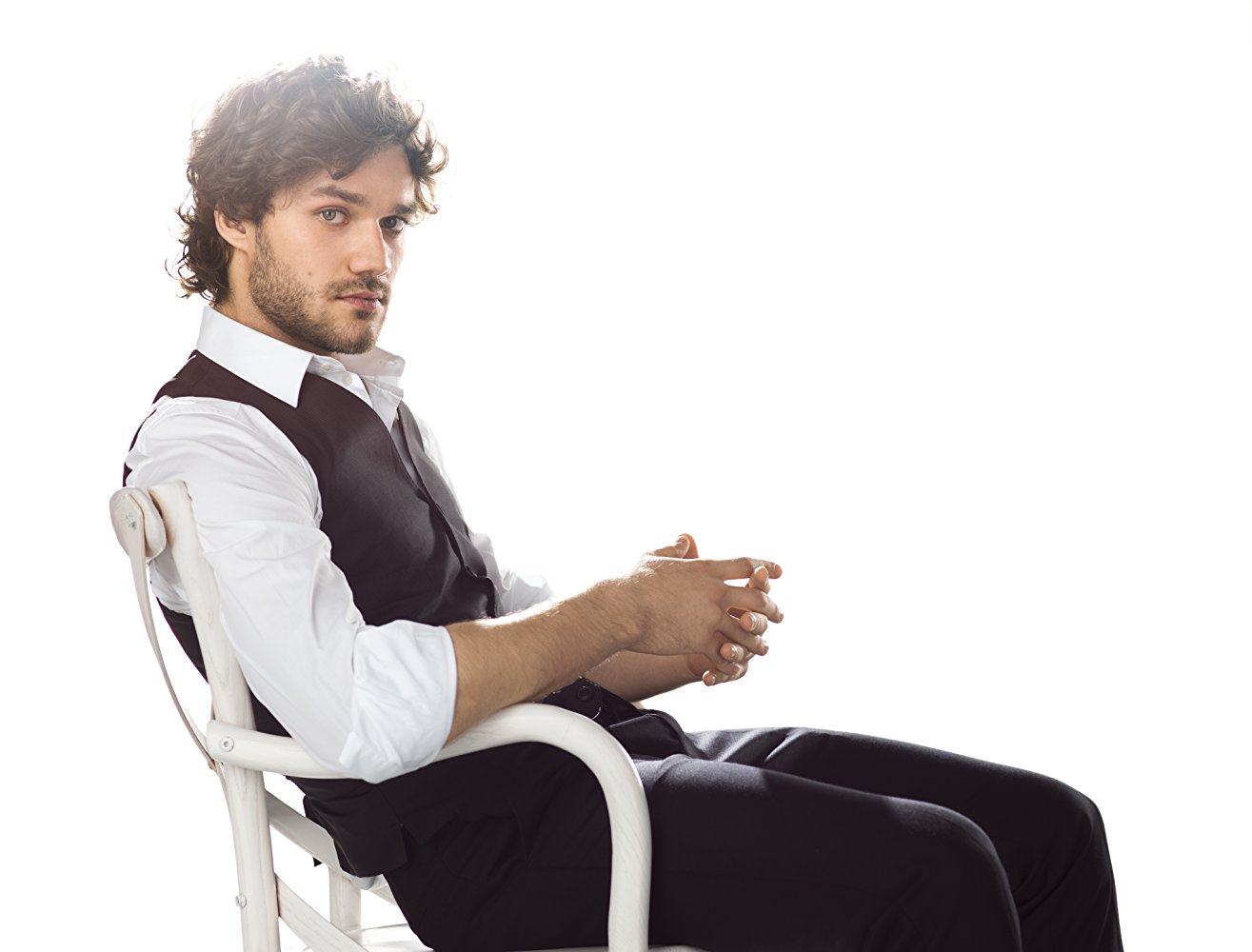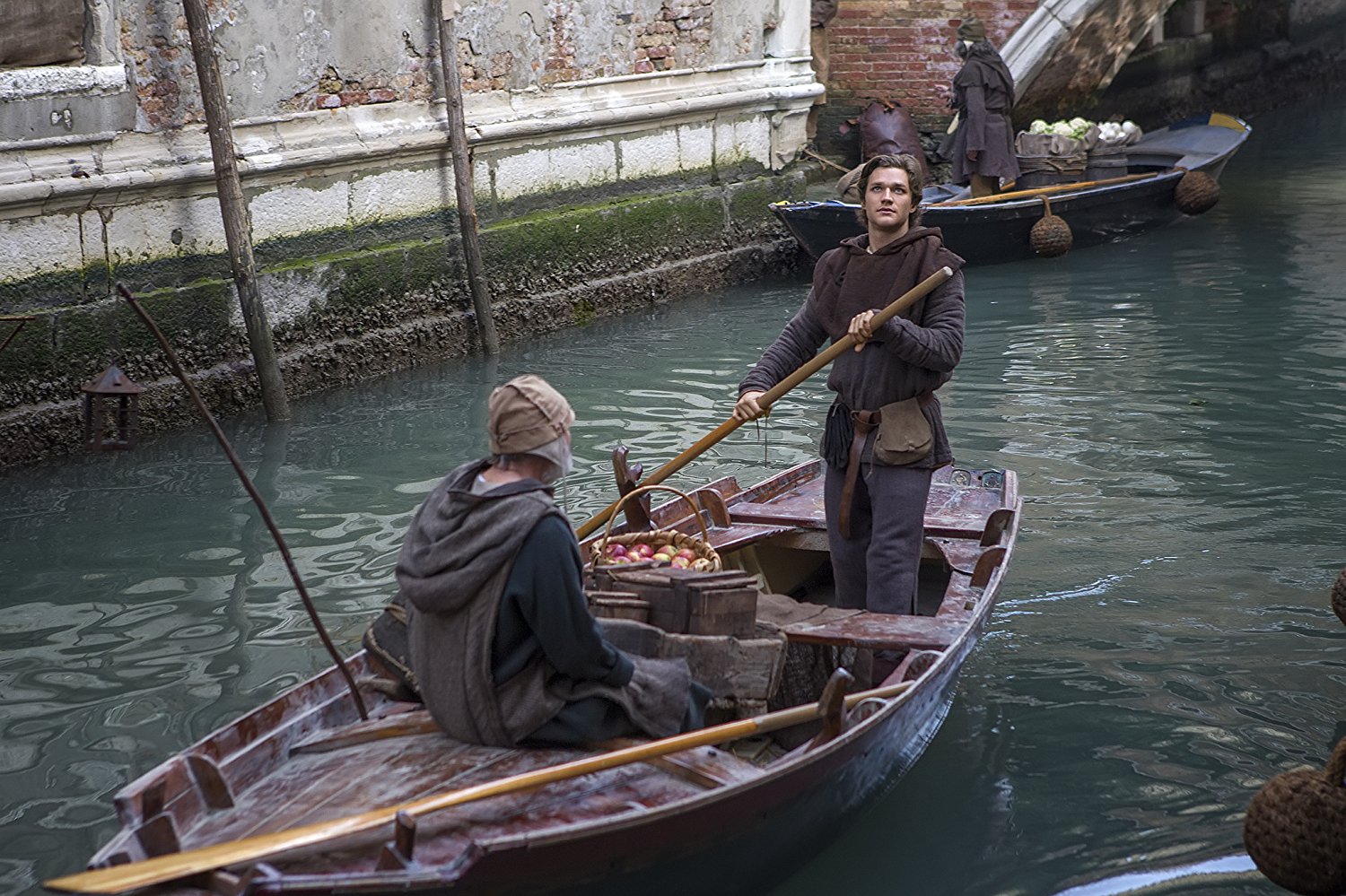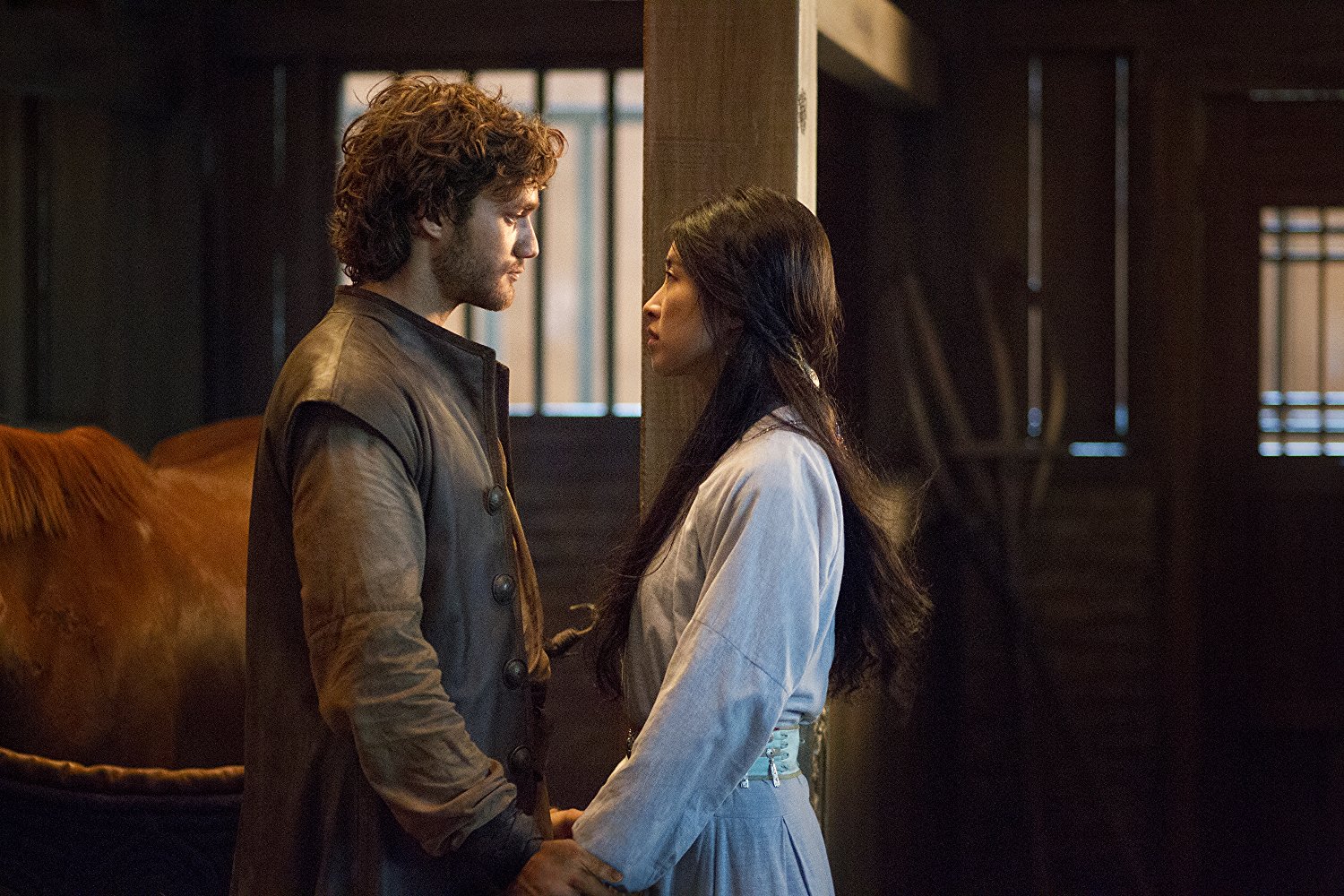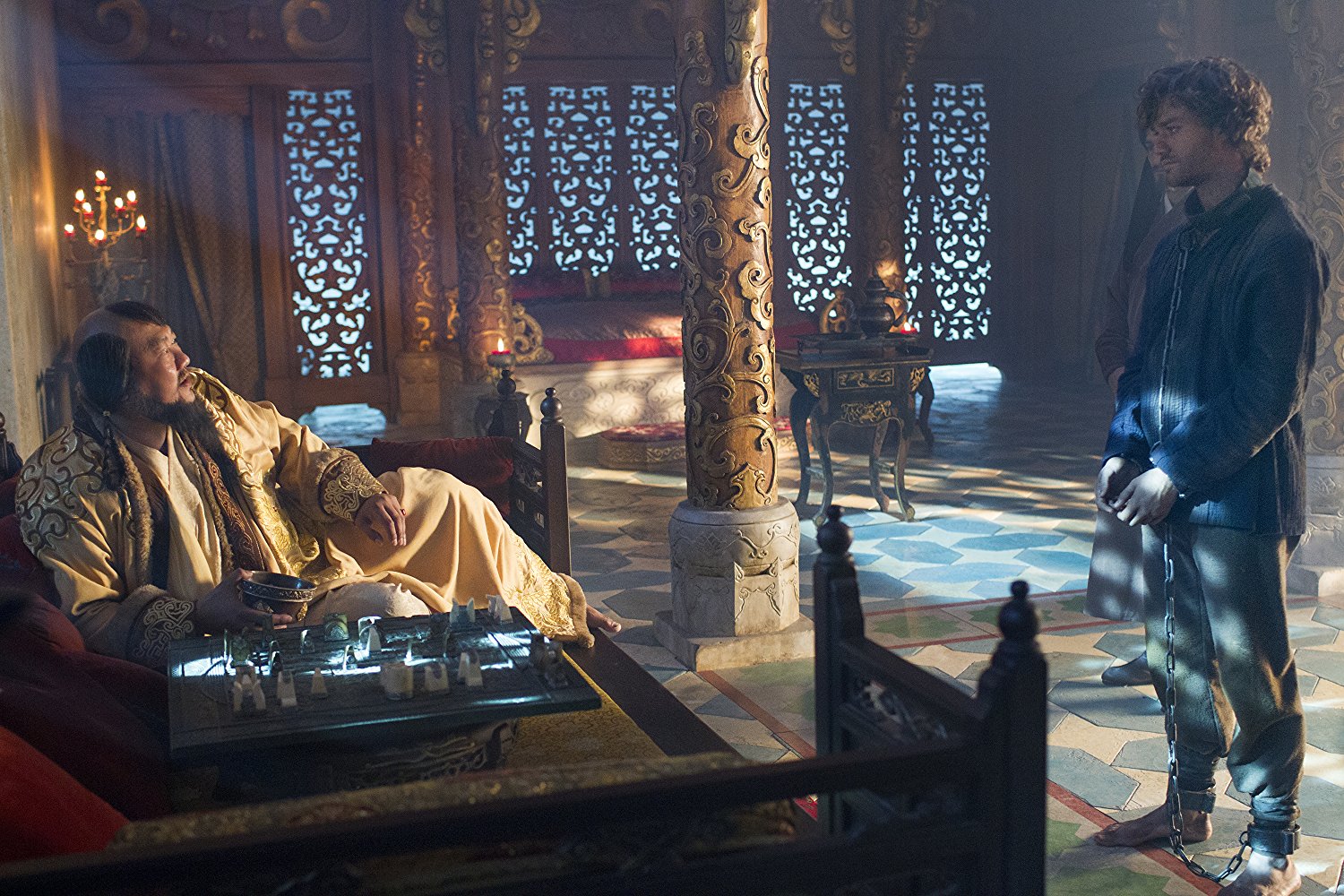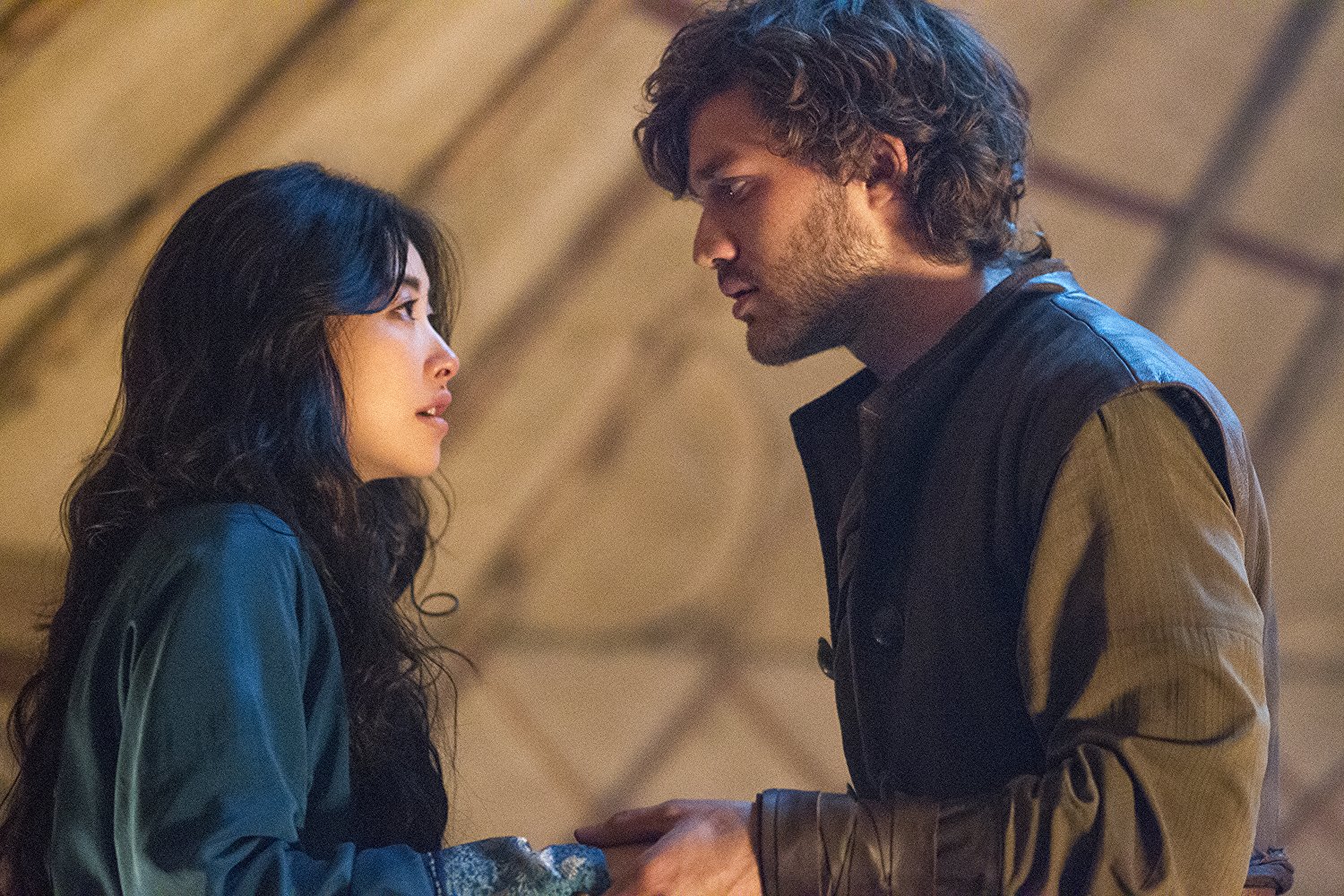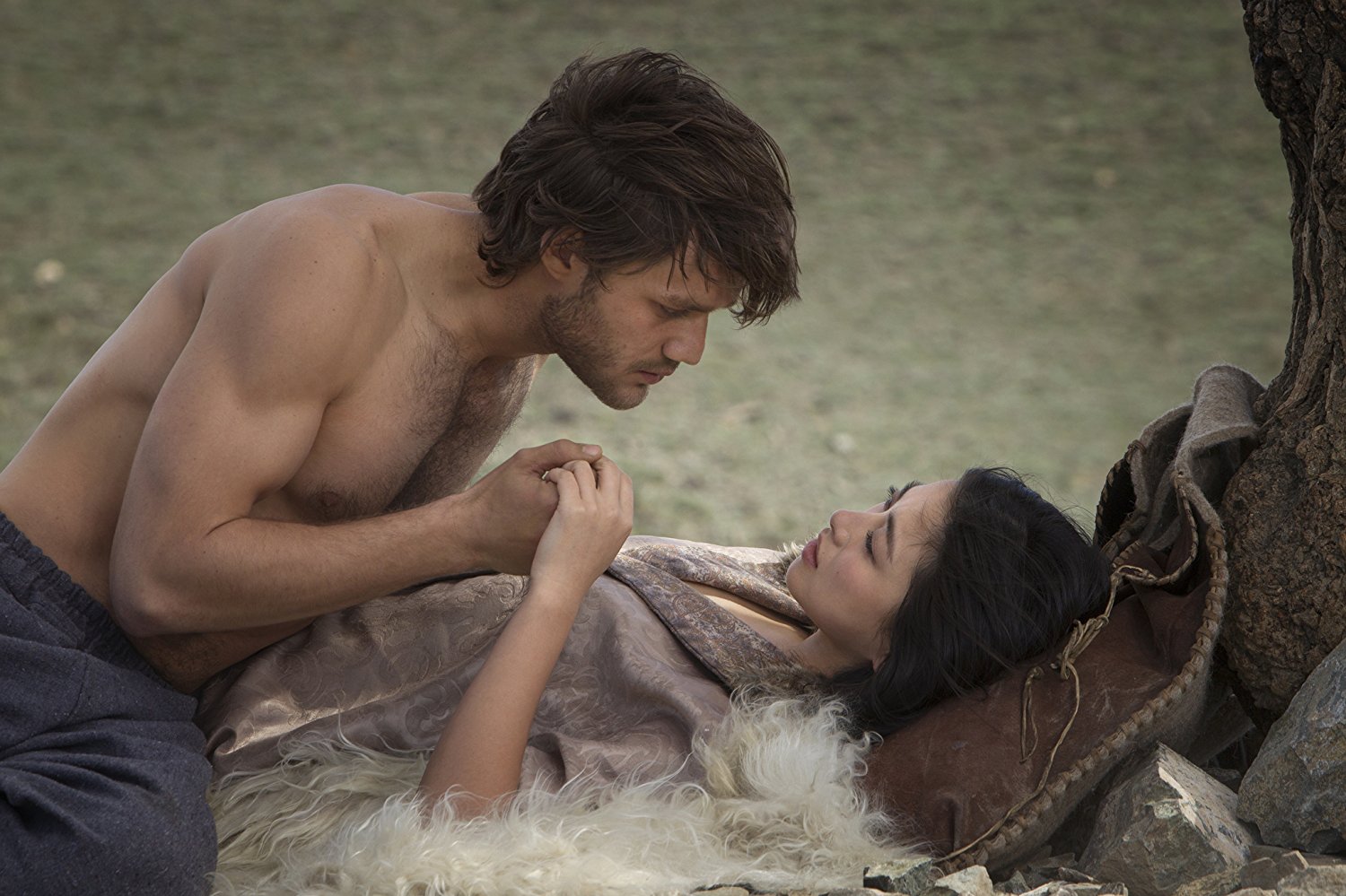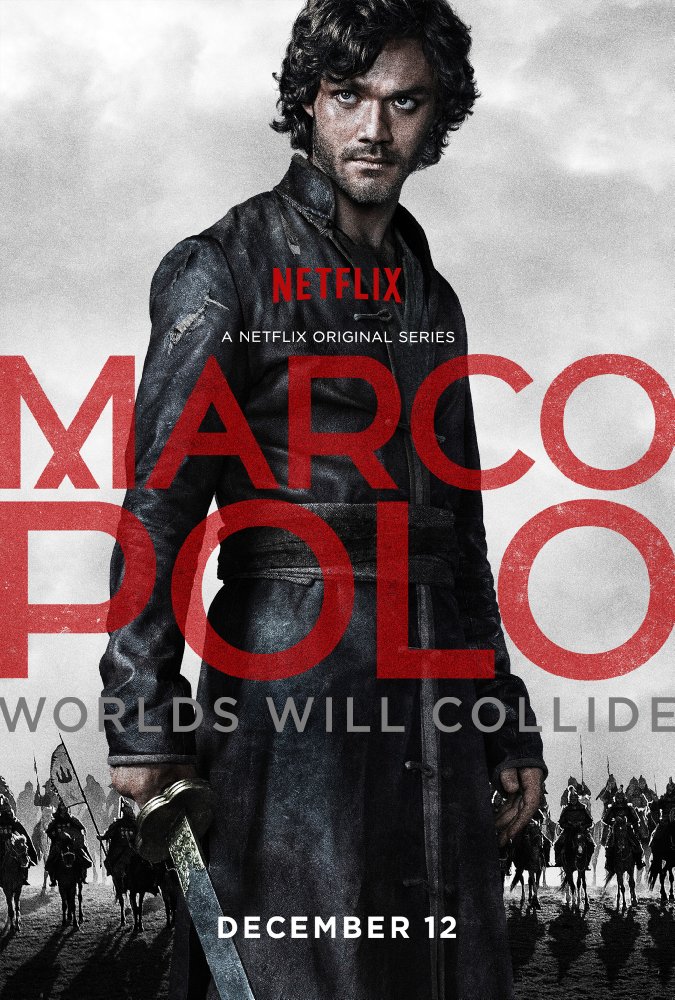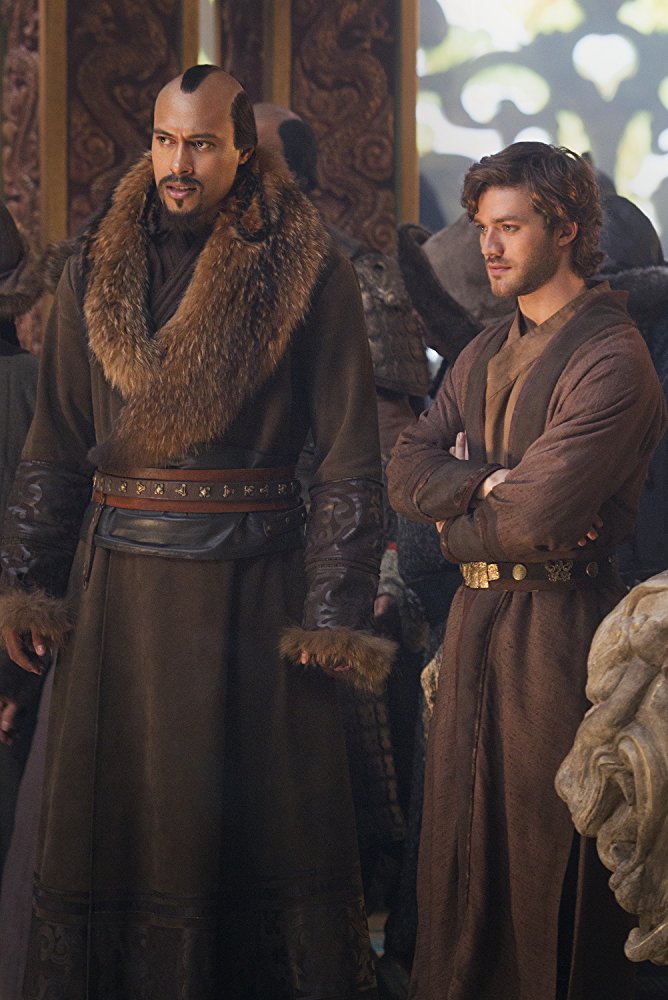Marco Polo (ca. 1254 - 1324) was a merchant from Venice who traveled all the way to the court of Kublai Khan in the late 13th century and returned home to tell the story. His father (Niccolo) and uncle (Maffeo) had traveled there first, leaving Venice before Marco was born and not returning until 1269, by which time Marco was already 15 years old. ...
Show more »
Marco Polo (ca. 1254 - 1324) was a merchant from Venice who traveled all the way to the court of Kublai Khan in the late 13th century and returned home to tell the story. His father (Niccolo) and uncle (Maffeo) had traveled there first, leaving Venice before Marco was born and not returning until 1269, by which time Marco was already 15 years old. The Khan had wanted to hold a great religious debate and had sent the Polo brothers back to Europe to gather fifty leading religious scholars to represent Christianity in the debate. Although the papacy was currently in the midst of turmoil and unwilling to spare so many men capable of articulating and arguing in favor of the faith, they turned back toward China, this time taking young Marco with them.They traveled over land, which took nearly three years, and Marco was about 21 years-old when he arrived in China. At the court of Kublai Khan, Marco probably received an official position. He would later write about his journey, and mentioned frequent appearances before the Khan himself, as well as numerous imperial visits to China's provinces in the south and east, and even to the far south and Burma. It's not surprising that this young foreign man would hold such importance considering that on the one hand, it was a hallmark of the Yuan dynasty (the Mongols in China) that educated foreigners be hired to administrative positions, and Marco was educated, literate, spoke four languages, and was a skilled navigator.Marco and his father and uncle had arrived in China and remained there until 1292. Although they were treated very well, the Khan refused their requests to return home. The Polos eventually grew fearful that when the aging Khan died, his enemies might kill them as well. Fortunately for them, Gaykhatu Khan of the Ilkhanate (Mongol controlled Persia; something of a separate kingdom, but accepting the over-lordship of the Khans in China) sent representatives to China to find him a suitable wife, and requested that the Polos help deliver her. They took a sea route around southeast Asia and India which was perilous, and many members of their party died, but all three Polos and the bride to be all arrived safely in Hormuz.After returning to the Mediterranean sea and sailing toward his home city of Venice, Marco was captured on the sea in 1295 by Genoese ships (Genoa being a constant adversary of Venice) and imprisoned in Genoa for the next four years. While in prison, he described his travels and the customs of the people he encountered in great detail to a fellow inmate: a Pisan romance writer named Rustichello, who wrote everything down. Although this work would be considered a stack of lies and heresies, it provided Europe with its first legitimate look at the Far East. Many of the things described in the book which were initially discredited were later proven true, and it became an important inspiration for future explorers, including Christopher Columbus.Upon his release from prison in 1299, Marco Polo finally returned to Venice, where he married and had three children, and became a successful merchant. Although he often dreamed of returning to the east, he never did, and finally died in 1324.
Show less «

